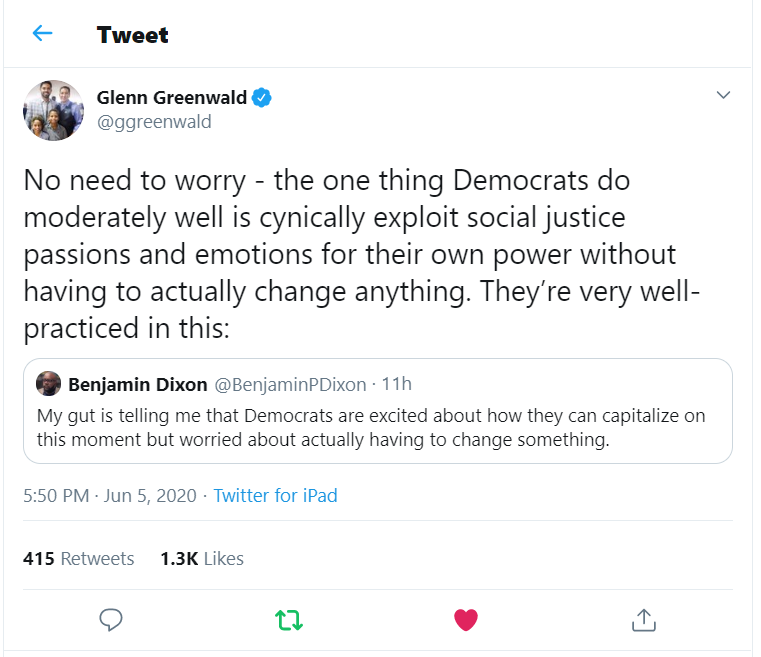I came across this 1932 article by Michal Kalecki, Inflation And War, in which he talked of a coordinated fiscal expansion (although he was not optimistic that politicians might do it)!
He says:
What indeed could change the situation is fiscal inflation on large scale, for instance, by the government obtaining large credits from the central bank and spending them on massive public works of one sort or another. In this case the money no doubt would be spent and this would result in increased employment (combined with an overall reduction in wage rates). However, even such an intervention could be effective only if it were undertaken in a closed economy, e.g. in the capitalist system as a whole, embracing the whole world, where there is one exchange only and no tariff barriers. If fiscal inflation is carried out on a broader scale in one country alone it must cause disturbances in the rate of exchange. A rise in local output requires increased supplies of foreign raw materials and imports as well. At the same time, together with employment domestic prices rise which restricts exports. Consequently, the balance of payments deteriorates, an outflow of gold and foreign exchange follows, and the exchange rate falls.
In general, these processes will end earlier because in expectation of their development foreign capital will withdraw and local capitalists will purchase foreign exchange thus accelerating devaluation. This, in turn, will distort the fiscal inflation process because of rise in prices of foreign raw materials will add to a general price rise until the symptoms of hyperinflation, already known from our experience, appear. Therefore, a necessary condition for fiscal inflation to be effective is an international agreement of the capitalist powers, which is, of course, totally utopian. Thus, imperialism, which is an unavoidable phase in the development of capitalism, makes the ‘inflationary’ way of mitigating the crisis unavailable.
The article in available in his Collected Works, Volume VI, pages 175-179 and was originally written in Polish.

